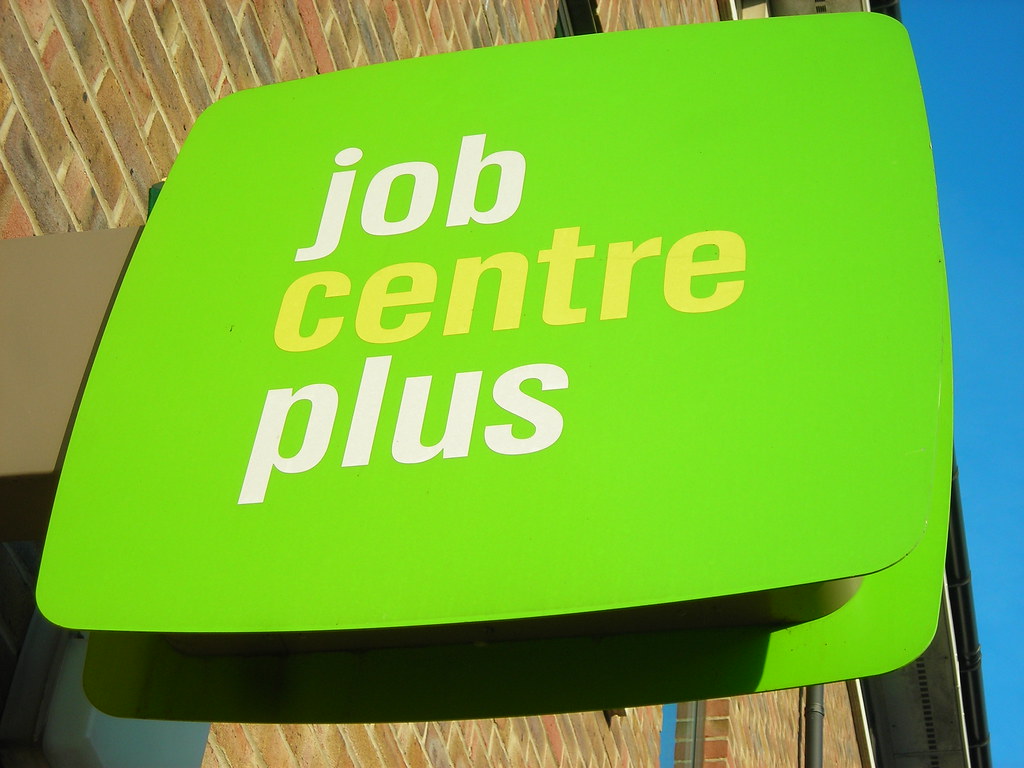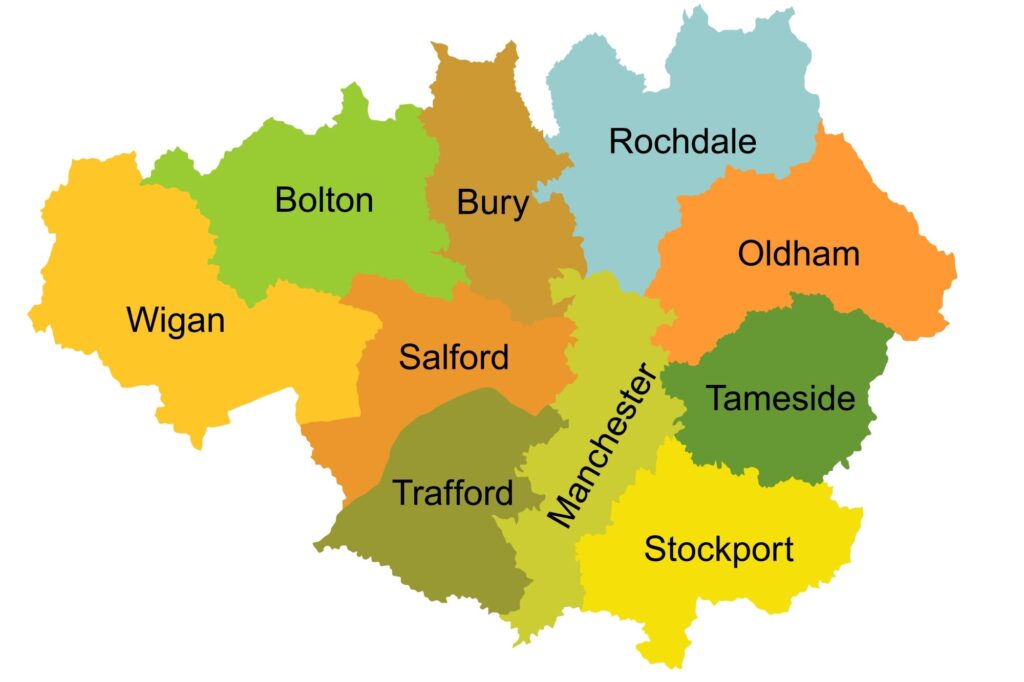Framed by austerity, the economic reality behind many voters choosing Brexit was a future of little promise – insecure jobs, insecure public provision, insecure futures. As a result, many leave voters felt that they had little or nothing to lose. On the back of an economic recession eight years ago, insecurity and a social recession has been built.
The EU referendum has shone a light on the failure of the treasury’s local economic and devolution model. The ‘devolution revolution’ may have beguiled some, but it has passed many by. The promised ‘northern powerhouse’ was a canny brand which few saw any tangible outcome from. Indeed, I know of many economic development practitioners who felt that austerity framed devolution and its bullish treasury-backed city agglomeration ‘growth at all costs’ approach was flawed. However, they rightly got on with it, longing for it to be just a start, and something to grapple, amend and make progressive.
Maybe the game is up now? Brexit may now consume the energies of Whitehall and the treasury. The rhetoric and promise of more devolution from Whitehall may at best slow, if not stop. We can hope for more and deeper devolution, but I suspect this is a forlorn hope. More importantly, there is a pressing task in reducing the existing pain and hardship and addressing deteriorating community relations and cohesion.
In this, the local economic development community, local politicians and potential Metro mayoral candidates have a responsibility. They must strive to protect and build progressive economic and social policy. They must look toward home-grown solutions, and radical innovations across public, social and commercial sectors. They must adopt a pro-social approach to local economic development. This is less about treasury-backed local agglomeration policies, boomgoggling promises and trickle down. This is about stimulating local demand, social investment, addressing city-wide inequalities and the economics of social cohesion. Progressive local solutions are out there. We need to be bold in accelerating them.
Post-Brexit, there is now a deepening responsibility on large local public, social and commercial anchor institutions – including hospitals, universities and large employers. They should explore how they can work individually and collectively to ease the worries in the local economy and then rapidly move to redouble efforts in nurturing jobs and addressing social justice. Public sector anchors must seek to extract every last social and economic benefit from the public spending pound, building resilience within commercial supply chains who are worried over Brexit.
To facilitate some of this, surely we need a relaxation of public sector austerity. At the very least we need an easing of further welfare cuts. We need a more inclusive state. Those voting for leave were voting for many things, but it was not a vote for more fiscal contraction. The current or the next chancellor will need to rapidly face up to the realities that the poorer local authority areas need more of a helping hand than wealthier areas. Treasury must turn away from fiscal ideology and dogma. It needs to do what is right in the interests of national fairness, provide some social stability and facilitate better conditions for cohesion in communities who need public services most.
I would hope the newly-formed commission on inclusive growth takes heed on this point. It must use its influence to broaden its narrow growth-within-austerity remit, and explore how to build a truly democratic, inclusive and resilient economy within fairly-funded public services.
The Brexit vote was in part prompted by a sense that people felt abandoned by the economy, and the state. This has created a new local economic and political reality, and with it come great dangers. As such we must avoid deepening the social recession and accelerating the divides between the haves and the have-nots. It is imperative that we now build an economy for the many and not just the few.

















A good piece full of good advice. As a grassroots organiser, activist, and local economic development practitioner, I think we need more imagination and more practical action. It is easy to offer advice for what others should do, such as ‘local economic development community’, ‘local politicians’ and ‘metro mayoral candidates’, however to cast ‘them’ as the principal agents of change and responsibility misses the massive lesson we all should have learned from the ‘Brexit’ vote. Surely, if we are talking of ‘inclusion’ we must talk of an inclusive movement of people and organisations that include local politicos AND organisations like CLES, as well as the cooperatives and social enterprise networks, and other grassroots collectivities like Transition working for change. As a contributor to one such collectivity, I see an opportunity for a more joined up movement focused on the kind of economic development that is inclusive, homegrown and aiming to meet the needs of people and communities. We all have a role to play and connecting with ‘fellow travelers’ would be an important first step, something we’re trying to do from where we are in Totnes. For more on this, please have a look at this post on the Transition Network website: https://transitionnetwork.org/stories/jay-tompt/2016-07/brexit-and-new-resilience